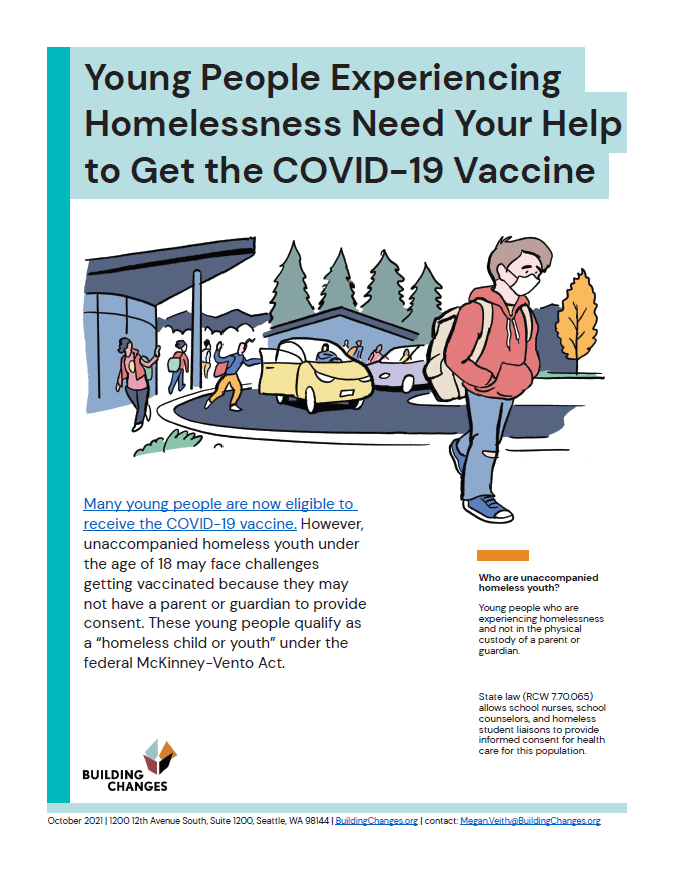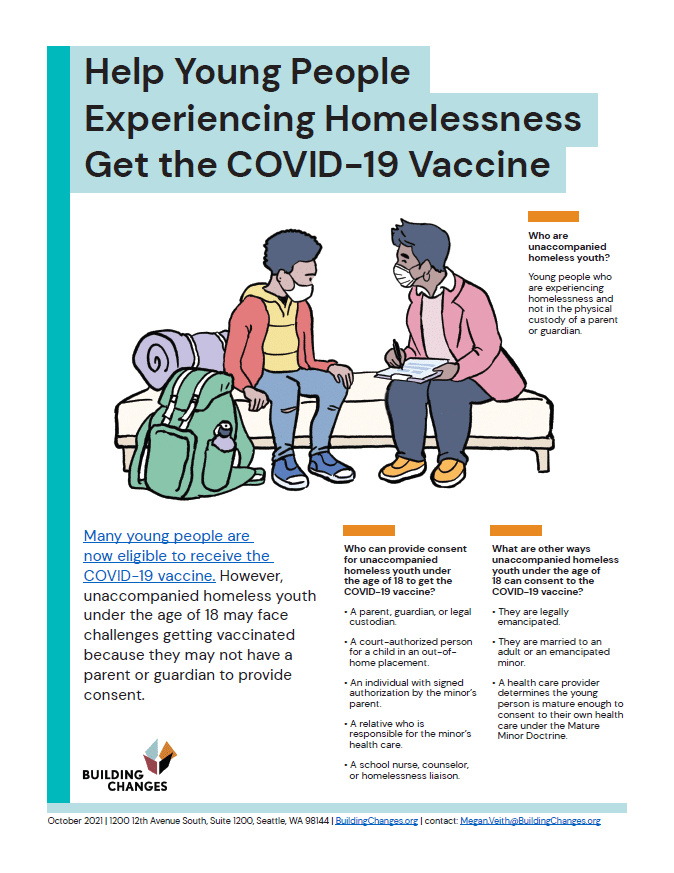In our modern ethical conception all research conducted on humans must be pre-emptively accepted by the subjects themselves through the procedure known as informed consent which is a process by which a subject voluntarily confirms his or her willingness to participate in a particular trial after having been informed of all aspects of the trial that are. Informed consent is the process through which the research team obtains and maintains the legally effective permission of a person or a persons authorized representative to participate in a research study.

Should Homeless Youth Participate In Research Voices In Bioethics
Choose all that apply.

. A homeless youth can be said to be fending for himself by himself hence he or she can be considered emancipated so an Informed consent in. Researchers doing mental health andor substance use research tended to use money as a research incentive whereas healthcare providers and programme administrators tended to use non-monetary incentives. There is a need for increased guidance for the ethical conduct of qualitative research with vulnerable populations such as homeless youths.
Homeless youth have reported that their parents are not available or willing to care for or support them and that in essence the adolescents are not wanted by their parents. Federal regulations require informed consent to be viewed as an ongoing process throughout a research project. An Assent form written at a 6th grade level and a Parental Consent form are required.
Risks and benefits are generally known in standard of care medicine In research some risks may be known and some benefits hoped. AIM This paper is a report of a study to document researcher healthcare provider and programme administrators experiences with. If consenting participants ages 15-17 the Assent form could be similar to the Parental Consent form.
These are basic ethical principles for conducting research with human participants. Informed consent in research with homeless youth is. Often carried out with waiver of documentation when risk is no greater than minimal Regulations require.
In cases in which the parent has abandoned the child obtaining informed. Informed consent must be legally effective and prospectively. Researchers must fully access whether homeless youth have the capacity to understand the risks involved in research participation.
Voluntary Participation and Informed Consent. And 3 promoting the voluntariness of the decision about whether or not to participate in the research. Minors Turning 18 During Participation.
Respect for the Inherent Dignity and Worth of Persons. Often carried out with waiver of documentation when risk is no greater than minimal A recognized retention strategy for research involving marginalized populations is. Juvenile justice researchers must navigate multiple legal and ethical standards for collecting informed consent take into account youths dual vulnerabilities as children and prisoners and.
Informed consent is achieved when a prospective subject receives full disclosure of the research plan and intent understands. These approaches to securing informed consent are common in research with homeless and other transient youth populations see eg. 1 disclosing to potential research subjects information needed to make an informed decision.
CASW 2005 Code of Ethics In navigating dilemmas pertaining to informed consent and confidentiality when working with minors the following ethical values and guidelines are important. The purpose of this paper is to provide an overview of the main ethical challenges of conducting qualitative research with homeless youths and to propose possible solutions to these challenges. An informed consent in research is required by law because it has to deal with sensitive issues and participation of minors.
Integration of unaccompanied migrant youth in. Issues of parents and adolescents consent for research and treatment are discussed with particular attention given to the lack of explicit guidelines for working with abused and neglected youth. In practice informed consent entails providing information assessing comprehensionof the information provided and ensuring the consent is voluntary and not coerced by circumstances or persons involved the research.
The informed consent process involves three key features. Ethics and Informed Consent PiT Counts are a form of research and as such must be guided by standards of ethical research practice. Informed consent in research with homeless youth is.
A homeless youth can be said to be fending for himself by himself hence he or she can be considered emancipated so an Informed consent in research with a homeless youth is Permitted with signed certificates of confidentiality given to each subject or their legal guardian. Social workers document their actions pertaining to informed consent in the client file. However if they are unable to access future risks then these youth must not be included in research.
As long as homeless youth have the capacity to consent research within the IRB age threshold is acceptable. 2 facilitating the understanding of what has been disclosed. Consensus is needed from a variety of stakeholders including homeless youths and service providers on use of various types ofResearch incentives for different types of research as well as use of consent for homeless youths who are minors.
Ethical considerations for working with runaway and homeless youth in research and treatment settings are presented. Often carried out with waiver of documentation when risk is no greater than minimal The following groups may be vulnerable in the context of socially and economically disadvantaged including. In one study 41 of youth cited parents not caring about them as a reason for leaving home Whitbeck Simons 1990.
The competency of the minor or patient should be considered during an informed consent. Informed consent follows from the principle of respect for persons and is an essential practice in conducting research. Informed consent in research with homeless youth is.
What are the distinctions between informed consent in standard of care medicine and informed consent in research. The SRCD research policy provides strict guidelines that endorse non-harmful procedures requires informed consent from parents youths and other research participants eg school teachers promotes the fair use of incentives bars the use of unnecessary deception preserves anonymity and confidentiality of research participants and ensures the safe and responsible. Participants must be informed that participation is voluntary that answers to specific questions may be withheld without penalty and that they may withdraw from the research at any time.
York Universitys Guidelines for Conducting Research with People who are Homeless stresses the need to respect the safety welfare and dignity of human participants in their research and treat them equally fairly and not as a means to an end York. The majority of respondents reported using written consent for research from homeless youths including minors. When I first started working in the fashion industry I was immediately overwhelmed by the.

Covid 19 Vaccine Access For Unaccompanied Homeless Youth Flyers Building Changes

Covid 19 Vaccine Access For Unaccompanied Homeless Youth Flyers Building Changes
0 Comments